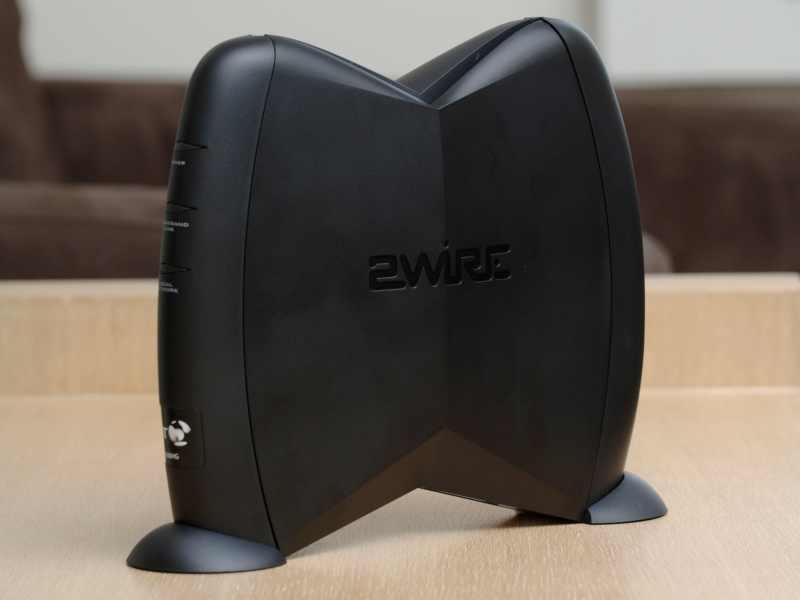BT 'illegally' trialled targeted-ads tech
Up to 18,000 customers spied on during secret tests

BT has been accused of conspiring to conduct secret tests of targeted-ads technology on its customers as far back as 2006.
According to documents seen by The Register, BT secretly intercepted and profiled the web-using habits of 18,000 of its customers between September and October 2006 using technology supplied by 121Media – the company that later become known as Phorm.
The same documents also reveal that BT and 121Media used the information they gathered to target customers with adverts for Egg credit cards, Weight Watchers weight loss programmes and the Monster.com job recruitment site.
Bad phorm?
In a later report on the outcome of the trials BT openly admits that none of the participants were made aware of the fact that their internet use was being monitored and profiled, or that they were being subjected to targeted ads for the duration of the trial.
"The customers who participated in the trial were not made aware of this fact, as one of the aims of the validation was not to affect their experience" the report states.
This is in clear breach of the Regulation of Investigatory Powers Act 2000 (RIPA), which states that the interception of internet traffic, without an investigative warrant or user consent, is illegal.
Sign up for breaking news, reviews, opinion, top tech deals, and more.
In recent weeks, debate has shifted to an assertion put forward by the Home Office that the interception and analysis of user data could be deemed to be legal if the user gives prior consent to such an act. However, these latest accusations occurred in 2006, long before the Home Office got involved.
Party line
To date BT has refused to answer the $6,000,000 question as to whether it believes the 2006 trial was legal, preferring instead to trot out the official party line that none of the profiled users were individually identifiable.
However, Nicholas Bohm, a digital rights lawyer with the Foundation for Information Policy Research, has since told the BBC that the 2006 trial could well be deemed illegal under RIPA: "If the customers in 2006 and 2007 weren't invited to do anything and it was completely surreptitious… then it was a massive-scale illegal interception.”
"They couldn't at that stage have had any guidance from the Home Office, or had anything in writing, as nothing was issued until January this year," he added.